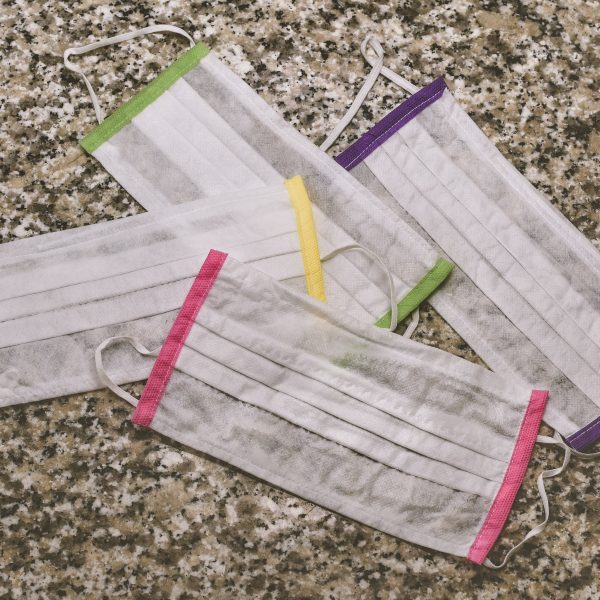Canberra families frustrated by rolling isolation, worrying about toll on children

A number of families in the nation’s capital have expressed their frustration at “rolling isolation” with their children under five years of age missing huge amounts of education and care as the result of positive COVID-19 cases in their services.
For one family, their two-year-old has experienced four periods of seven-day isolation since the start of the year as a result of the virus, leaving his parents, who have no family members in Canberra for support, struggling to keep up with work and lifestyle commitments.
Families with young children shared their frustrations with local news source The Canberra Times, saying the isolation rules are “taking an enormous toll” on their financial and mental wellbeing, as well as causing concern that their children are missing out on social and emotional development opportunities.
“I feel like the government is doing what they can to go back to normalcy but why is childcare not being included in regulation changes,” one parent asked.
“One of her first words was mask”
Sarah Rodwell spoke to the paper about her experience, in which she sent her 18-month-old daughter to childcare after seven days’ quarantine only to get a call 34 hours later about another case at her childcare centre.
“I was just like, ‘Not again. No’,” Mrs Rodwell said.
“You can’t really explain it to an 18-month-old. It’s already sad that one of her first words was ‘mask’,” she shared.
Level of interaction means different rules
By way of explanation the ACT’s Chief Health Officer Dr Kerryn Coleman said early learning centres were treated differently to schools because the interactions between children and staff supported transmission of the virus.
“Staff are carrying children around, children touching each other and rubbing [their] noses all the time and so we get a lot of transmission and we are likely to get a lot of cases,” Dr Coleman said.
“We are continuing to work with our Education Directorate colleagues about what the right balance is in terms of trying to allow the businesses to continue and provide that essential service…to parents who need to go to work but also keep those businesses open, while also balancing not putting particular people at unreasonable risk of COVID-19 transmission.”
Infectious disease specialist calls for rules to relax
Relaxing the rules to allow children who are well, and who test negative for the virus, to return to care after exposure was the next logical step, infectious disease physician Dr Nick Coatsworth said.
While there is “a significant minority” of people who are still very concerned about the virus, Dr Coatsworth said that COVID-19 is typically mild in children, and that the adults caring for them in an ECEC context had, in the main, been vaccinated “so the bubble around those children is well-protected. And we want to get on on with it”.
Waiting for a vaccine to be available for this age group, he said, was not the way to go.
“It’s possible that it may never be recommended for this age group,” he continued, “I do think that would lead to some fairly significant disruptions to people’s work and family life if we were to continue with this policy whilst waiting for the green light to vaccinate that group.”
To read the original coverage of this story please see here.
Popular

Quality
Practice
Provider
Workforce
Reclaiming Joy: Why connection, curiosity and care still matter in early childhood education
2025-07-09 10:00:07
by Fiona Alston

Quality
Practice
Provider
Research
Workforce
Honouring the quiet magic of early childhood
2025-07-11 09:15:00
by Fiona Alston

Workforce
Policy
Quality
Practice
Provider
Research
ECEC must change now, our children can’t wait for another inquiry
2025-07-02 07:47:14
by Fiona Alston













